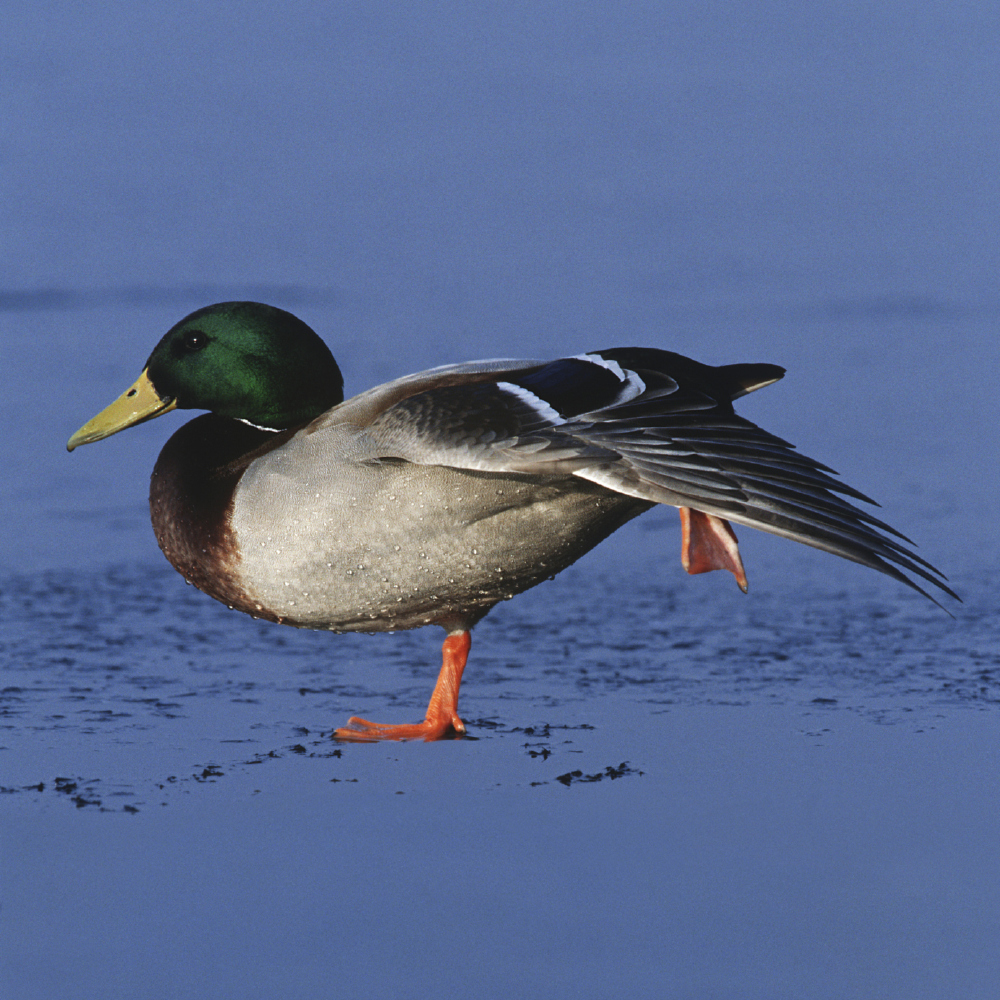
There will be a cull of 6,000 ducks at the farm
A case of bird flu has been confirmed at a duck breeding farm in Yorkshire, but experts say that it’s not likely to affect us.
Last night the Department for Environment, Food & Rural Affairs (Defra) confirmed that at least one case of the virus had been found at a farm in Hekendorp, Yorkshire.
Believed to be the first case of the disease in Britain since 2008, officials say that the strain is the H5 virus – but not the highly contagious H5N1 strain.
To prevent the risk of the disease spreading, all birds on the stricken farm would be culled ‘immediately’.
6,000 birds at the farm will be culled and a wide exclusion zone has been set up around the Driffield area of Eat Yorkshire to prevent poultry and waste being transferred.
A Defra spokeswoman told the Mail Online: 'We have confirmed a case of avian flu on a duck breeding farm in Yorkshire - the public health risk is very low and there is no risk to the food chain.
'We are taking immediate and robust action which includes introducing a 10km (6.2m) restriction zone and culling all poultry on the farm to prevent any potential spread of infection. A detailed investigation is ongoing.'
Defra insisted the risk to public health was 'very low', and added: 'We have a strong track record of controlling and eliminating previous outbreaks of avian flu in the UK.'
The announcement came a day after Dutch authorities said they had found the contagious H5N8 form of the disease at a poultry farm in the center of the Netherlands, though it was not immediately clear if the cases were linked.
On Sunday, Dutch authorities said they had begun destroying 150,000 chickens at the farm where their case was found.
That H5N8 strain has never been detected in humans, but an outbreak in South Korea meant millions of farm birds had to be slaughtered to contain the outbreak.
Bird flu, or avian flu, is an infectious viral illness that spreads among birds. In rare cases it can affect humans. Two types have caused serious concern in recent years. These are the H5N1 and H7N9 viruses.
Other bird flu viruses (particularly H7N7 and H9N2) have also infected people, but these have rarely caused severe illness.
The symptoms of H5N1 infection may include fever and malaise, cough, sore throat, and muscle aches. Other early symptoms may include abdominal pain, chest pain and diarrhoea.

